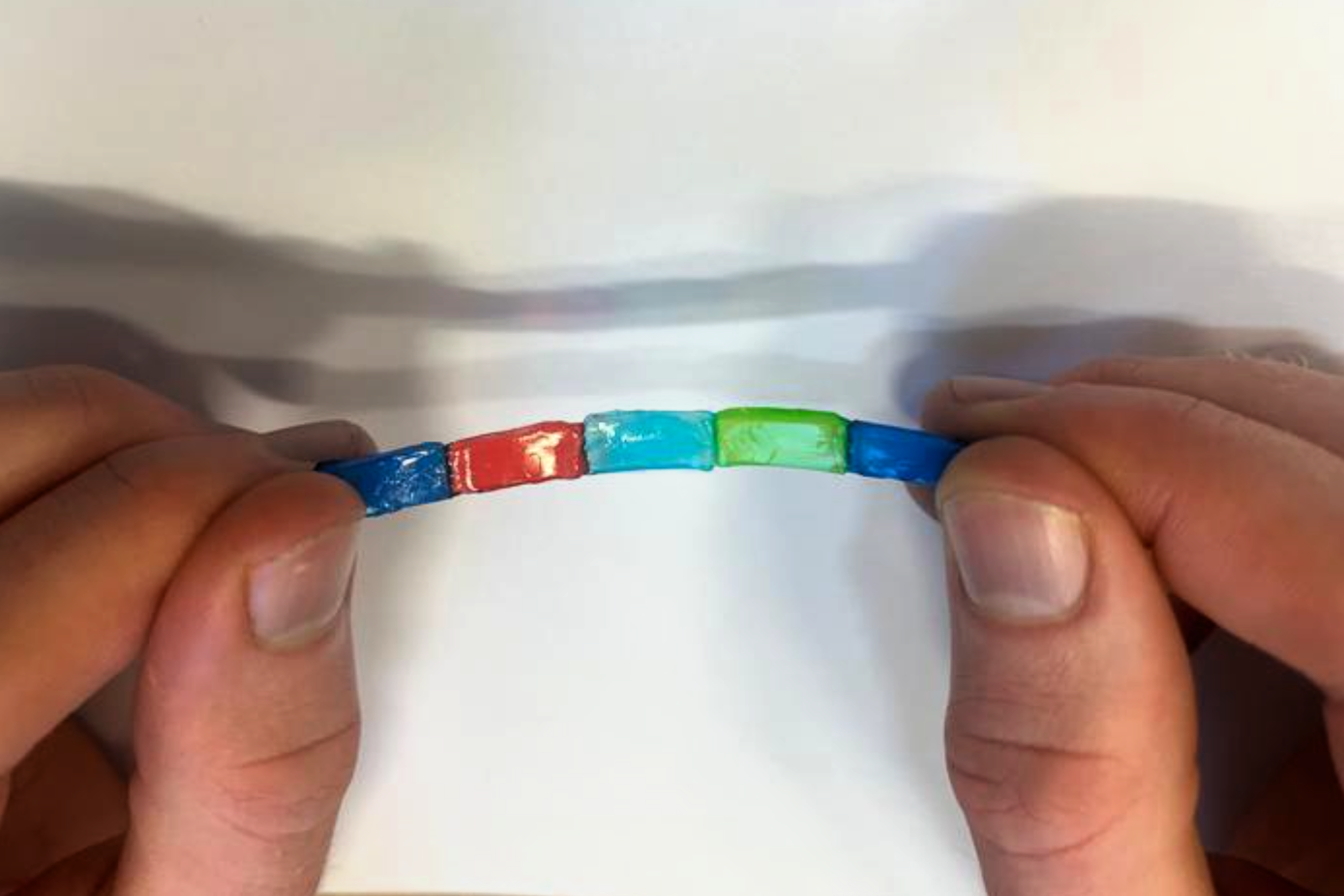Self-healing ‘jelly batteries’ work in human brains
Inspired by electric eels, researchers say the new batteries are stretchable and safe

Your support helps us to tell the story
From reproductive rights to climate change to Big Tech, The Independent is on the ground when the story is developing. Whether it's investigating the financials of Elon Musk's pro-Trump PAC or producing our latest documentary, 'The A Word', which shines a light on the American women fighting for reproductive rights, we know how important it is to parse out the facts from the messaging.
At such a critical moment in US history, we need reporters on the ground. Your donation allows us to keep sending journalists to speak to both sides of the story.
The Independent is trusted by Americans across the entire political spectrum. And unlike many other quality news outlets, we choose not to lock Americans out of our reporting and analysis with paywalls. We believe quality journalism should be available to everyone, paid for by those who can afford it.
Your support makes all the difference.Scientists have invented a new type of stretchable battery that is safe and efficient enough to be implanted in the human body.
Built from jelly-like materials, the self-healing batteries were developed by a team at the University of Cambridge after they took inspiration from the muscle cells of electric eels.
Similar to the electrocytes in eels’ muscles, the hydrogel material can deliver a current while also being soft and malleable enough to withstand different conditions without losing conductivity.
“It’s difficult to design a material that is both highly stretchable and highly conductive, since those two properties are normally at odds with one another,” said Stephen O’Neill, from Cambridge’s Yusuf Hamied Department of Chemistry. “Typically, conductivity decreases when a material is stretched.”
Other potential applications for the new technology are wearable devices and soft robotics, while subdermal implants could be used to deliver drugs or used in the brain to treat conditions like epilepsy, the researchers said.

The jelly batteries ability to stretch to more than 10 times their original size without losing conductivity means early use cases will likely be biomedical implants where they can improve existing implants by moulding to human tissue.
“We can customise the mechanical properties of the hydrogels so they match human tissue,” said Professor Oren Scherman, director of the Melville Laboratory for Polymer Synthesis at the University of Cambridge.
“Since they contain no rigid components such as metal, a hydrogel implant would be much less likely to be rejected by the body or cause the build-up of scar tissue.”
The researchers are now planning experiments to test the jelly batteries in living organisms with the hope that they can be used for medical applications in the future.
A study detailing the batteries, titled ‘Highly stretchable dynamic hydrogels for soft multilayer electronics’, was published in the journal Science Advances on Wednesday.
The battery is part of a new generation of flexible batteries being developed for use in wearable electronics.
A separate study on Wednesday from a team at Nanjing University in China described a stretchy lithium-ion battery that could be used in health monitors that flex and move with the body.
Join our commenting forum
Join thought-provoking conversations, follow other Independent readers and see their replies
Comments